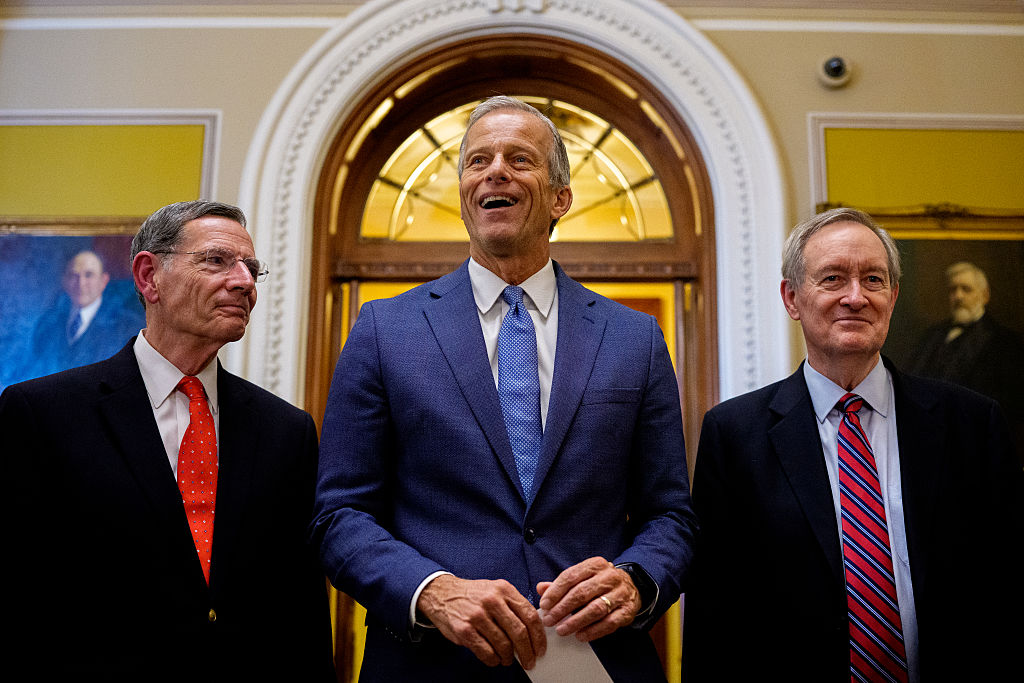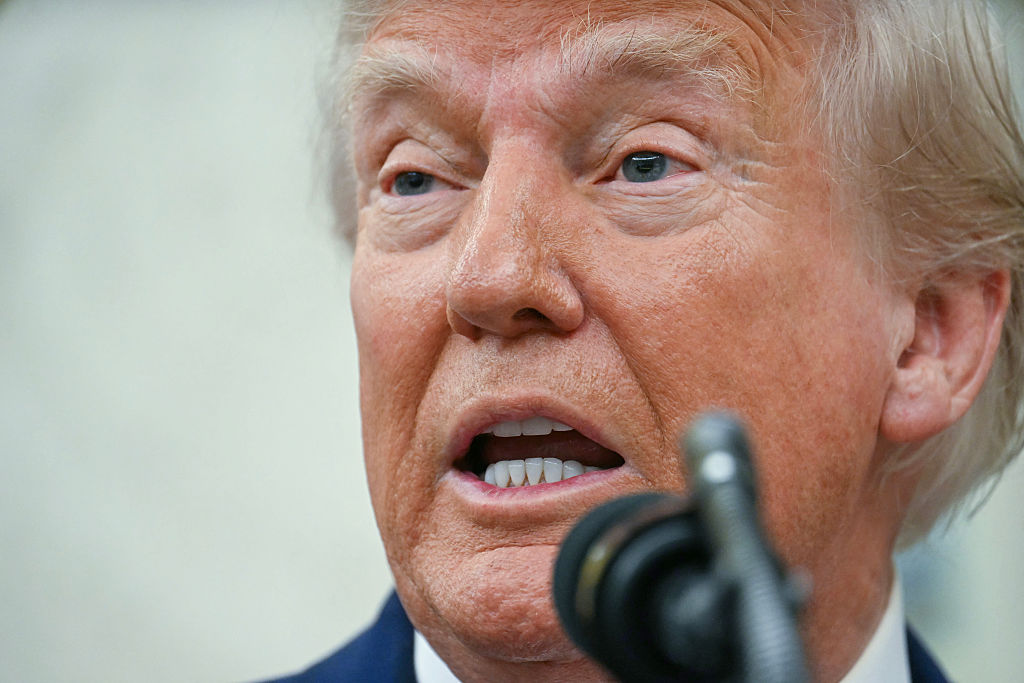President Joe Biden warned Americans before the midterms that democratic self-government was “under assault” by candidates who refused to accept that Donald Trump lost the 2020 presidential election. Biden echoed others when he argued that such Republicans were “determined to succeed in thwarting the will of the people.”
Polls show that most Democrats and Republicans alike worry about the future of our democracy — though they disagree over what threatens it. But this debate misses a more immediate danger: lame-duck lawmakers still making decisions while in office. The current Democrat-controlled lame-duck session alone is expected to address legislation involving such major issues as gay marriage and defense spending.
Lame-duck sessions happen when lawmakers return to Congress after an election and pass legislation before their replacements are sworn into office. Concerns about the practice’s democratic legitimacy prompted the ratification of the 20th Amendment to the Constitution, which moved Congress’s official start date from March 4 to January 3. It became known as the “lame-duck amendment” at the time because of the widespread belief that it would end lame-duck sessions.
Lawmakers were originally sworn in months after Election Day to allow adequate time to travel during the winter to the nation’s capital. But with the rise of planes, trains and automobiles, four months between Election Day and inauguration were no longer necessary. The public also became concerned with a new problem: legislators increasingly using the interlude to pass unpopular proposals during a period of lower accountability.
Decisions made during the lame-duck period undermine the notion of representative democracy, because important policy decisions are made even though voters have already replaced many of the legislators now serving. Nonetheless, even with the passage of the 20th Amendment, Congress never kicked its lame-duck habit. There have been 24 lame-duck sessions since its adoption in 1933, 13 of which happened before 2000. However, the other 11 have occurred in the last two decades.
Lame-duck sessions have become more routine because lawmakers can now wait until after the election to complete their work on regular business. For the current lame-duck session, lawmakers intentionally delayed decisions about funding the government, codifying same-sex marriage and reforming the Electoral Count Act.
The routinization of this practice threatens democracy because it reduces the ability of Americans to hold lame-duck lawmakers accountable. For example, 73 lawmakers did not run for reelection this year, and another nine incumbents lost their bids for a new term (the Georgia Senate race is still outstanding). Taken together, this represents approximately 15 percent of Congress’s total membership. And yet these lame-duck lawmakers are currently approving new laws and confirming judges for lifetime appointments even though voters have replaced them.
Lame-ducks also make it harder for Americans to determine what role the lawmakers that they decided to keep in office play in producing specific outcomes. Such sessions, more so than usual, feature the last-minute consideration of massive omnibus bills that lawmakers can’t read before deciding how to vote.
Lame-duck lawmakers, even those returning to Congress in the new year, like it this way. Their actions compete with the holiday season for voters’ attention, and this lack of scrutiny — along with lawmakers’ desire to return home for the holidays — makes it easier to approve legislation that their constituents oppose.
The fact that few pro-democracy advocates have denounced lame-duck lawmakers or Biden’s willingness to work with them to pass significant legislation before the new Congress — and the Republican-controlled House — convenes in January suggests that they are more interested in defeating Republican candidates than they are in promoting democratic accountability.
The problems with lame-ducks are not new and have been recognized before. Press reports at the time of the 20th Amendment’s adoption heralded the idea that lame-ducks would soon be relics of the past. The expectation was that Congress should conduct its regular business during the period between elections. Proponents of the new amendment argued that the time available for post-election legislating should only be used to address unexpected events or emergencies.
We would be wise to heed their advice and leave our important legislating for the new Congress.
James Wallner is a resident senior fellow for the Governance program at the R Street Institute.

























